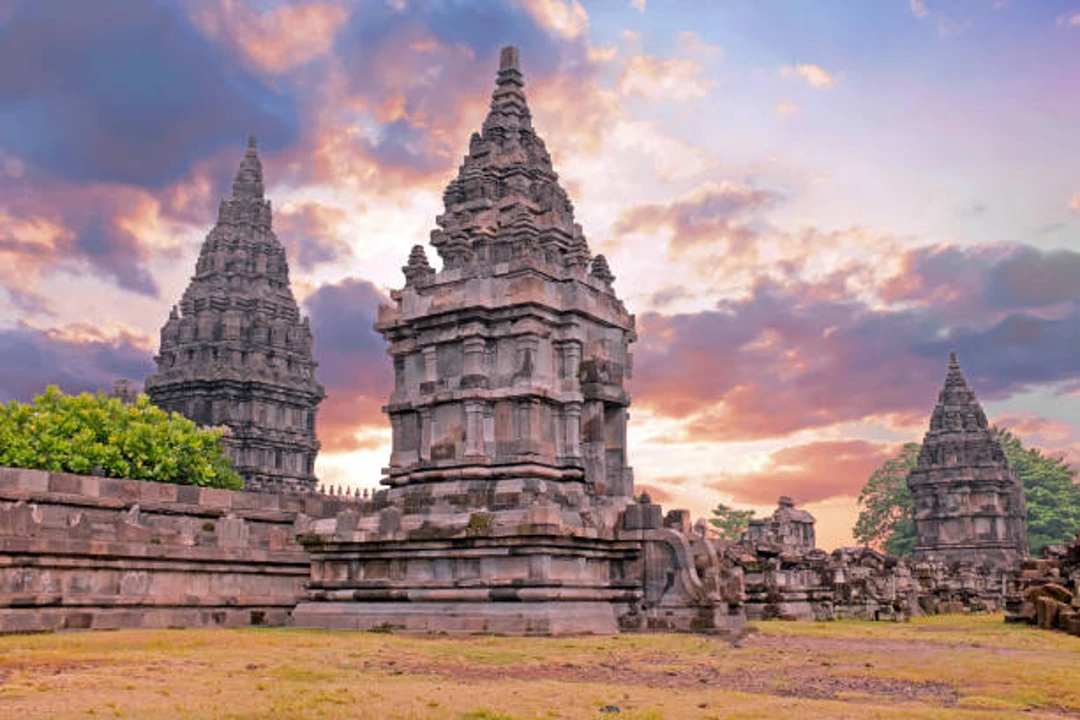With its rich culture and stunning natural beauty, Indonesia is a popular destination for tourists worldwide. But like anywhere else in the world, safety is a top concern for visitors.
This article will provide a detailed overview of all things safety in Indonesia, covering topics such as the overall safety of the country, health and hygiene, culture, and safety tips.
Once you learn more about these topics, you can decide if Indonesia is a safe destination for you, so you can enjoy your trip to the fullest.
So, let’s explore the wonders of Indonesia with an eye to safety and preparedness.
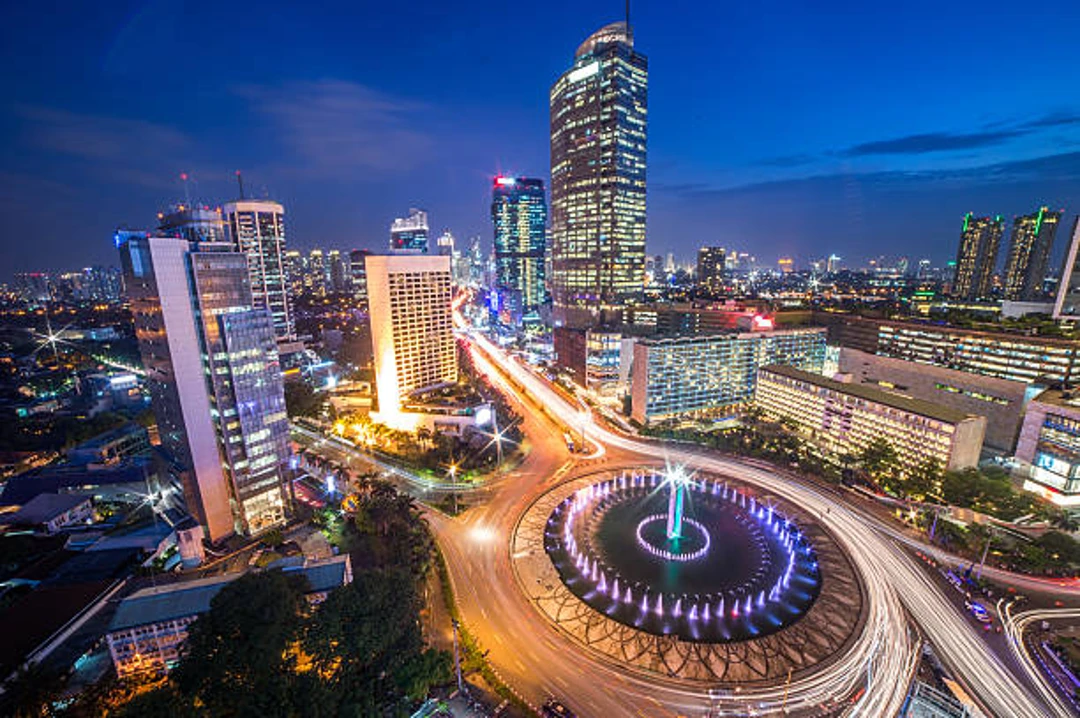
Overview of Indonesia
Indonesia is a huge archipelago consisting of more than 17,000 islands. There are countless cultures and languages in the country, and each island is bursting with its own wonders. There are amazing temples, dense forests, and lots of reasons why the country is so captivating. You can get lost just exploring it and its beauty and traditions.
And some favorites include the beaches of Bali, the busy life in Jakarta, and the culture of Yogyakarta, to name a few. It’s almost like every destination in Indonesia is totally different from the last. Whether you’re looking for wild adventures or ultimate relaxation, these places have it all.
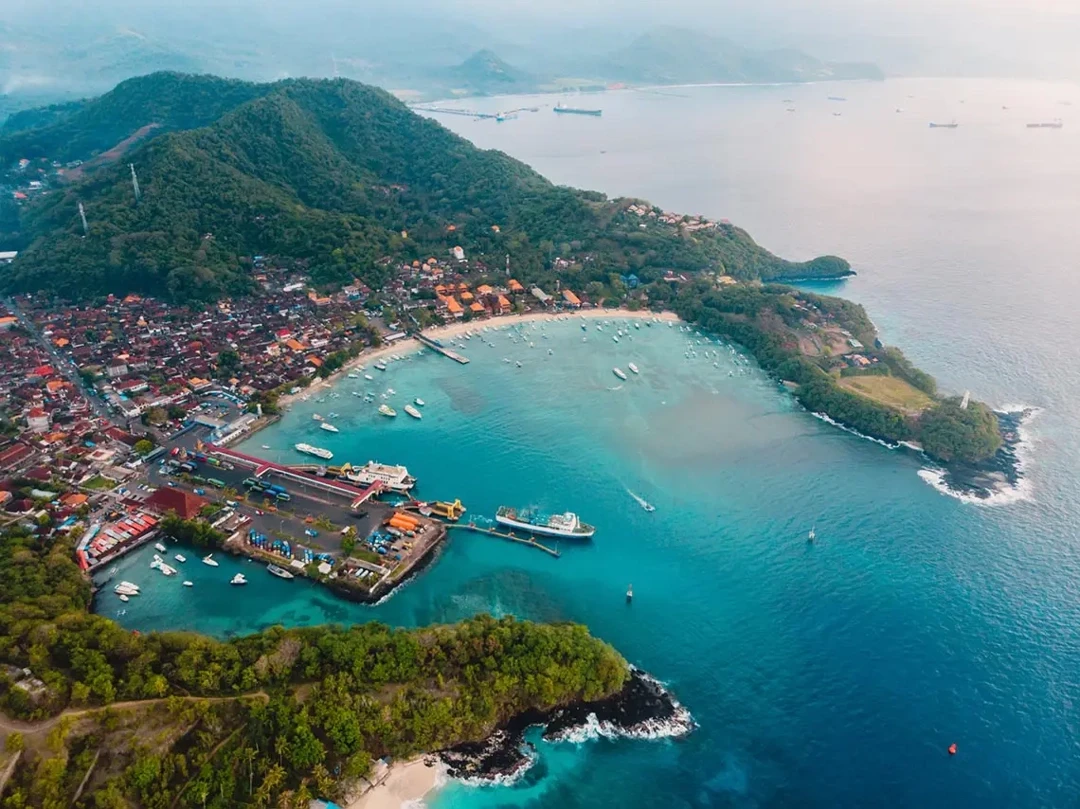
Indonesians are some of the friendliest people you’ll ever meet. A smile is their universal greeting. They are quite welcoming to visitors and love sharing the beauty of their country.
General Safety
Indonesia, a vast and diverse archipelago, is generally a safe destination for tourists. However, like any travel destination, it’s important to be aware of common risks and exercise basic precautions.
Crime Rates and Safety Statistics:
Overall, Indonesia's crime rate is lower than many Western countries, though certain areas, especially in larger cities like Jakarta or Bali, may see more petty crimes such as pickpocketing or bag snatching. Violent crime is rare, but it can happen, particularly in crowded places or tourist hotspots.
Safety in Urban vs. Rural Areas:
In urban areas, while violent crime is not common, tourists should be cautious about street crime and scams. It's important to be aware of your surroundings, especially in areas with a lot of foot traffic or in nightlife districts. In rural areas, the crime rate is generally low, and people are often welcoming.
However, some rural destinations might have limited access to emergency services, so it’s important to travel with adequate preparation.
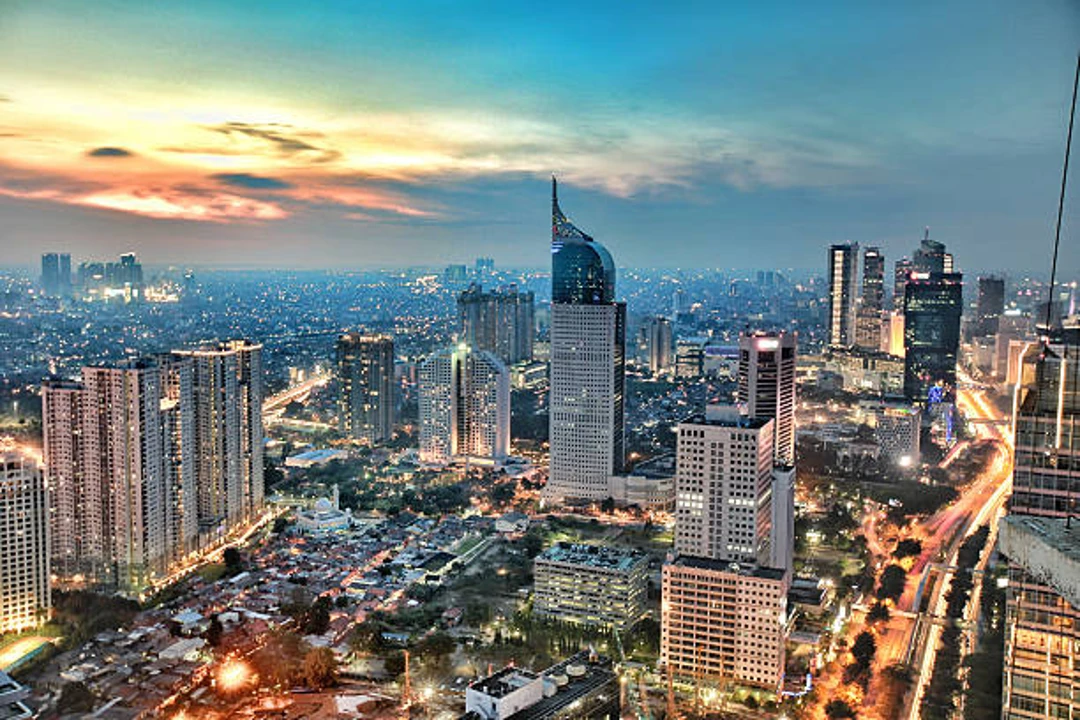
Common Safety Concerns:
Theft and Scams: As with any tourist destination, theft and scams can occur. Be cautious with your belongings, especially in crowded markets or on public transportation. Avoid displaying valuables like expensive jewelry or electronics, and always use hotel safes when possible.
Taxis and Rideshares: Opt for reputable taxi services or rideshare apps like Grab to avoid potential scams. Agree on the fare in advance or ensure the meter is used. Some unlicensed taxis might attempt to overcharge tourists, so using trusted services is key.
Natural Hazards
Volcanoes and Earthquakes: Understanding Risks
Indonesia is located in the Pacific Ring of Fire, a place with a lot of volcanos and earthquakes. They can be spectacular to witness but can also be dangerous. Volcanos can erupt without warning, and the ground can quake, so be sure to stay prepared and follow the advice of locals, especially when you are in volcanic regions.
Knowing what to do in case of natural disasters is essential for staying safe and having a great trip!
Tsunamis and Floods
It can also be devastated by tsunamis and floods in many regions, particularly during the rainy season. With the rainy season also comes the possibility of tsunamis and floods. One wave or heavy rain can be fatal for you without warning. It is good to have some knowledge about the place you intend to visit and to be familiar with the rules on this type of emergency.
If you follow the local news or weather applications, your life will be easier. Knowing what to do when you have problems can contribute to safety in your travels.
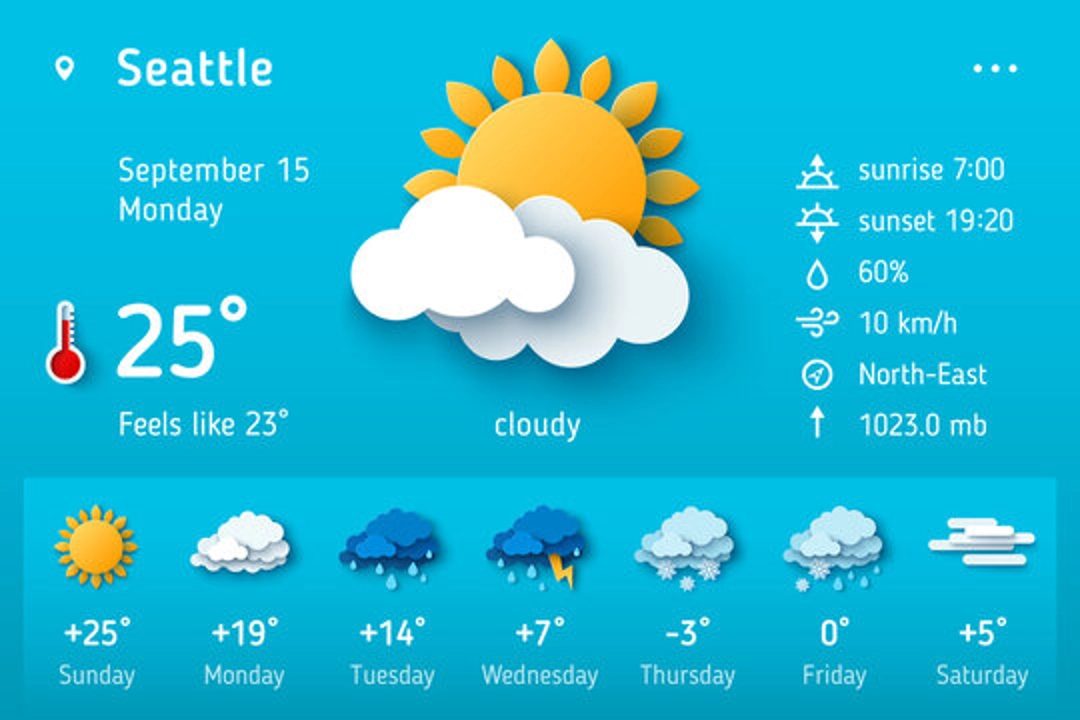
Health Risks: Tropical Diseases and Vaccination Requirements
In some parts of Indonesia, you do need to be cautious when it comes to tropical diseases, such as dengue fever and malaria. The good news is that you can take precautions to stay healthy. In some cases, you’ll need or want to get vaccinated before you visit.
To prevent mosquito bites, apply repellent and wear long sleeves. By taking care, you don’t have to worry while exploring all that Indonesia has to see.
Health and Medical Safety
As for healthcare in Indonesia, both public and private hospitals are available. In larger cities, like Jakarta, healthcare is generally of a higher standard. However, in more rural areas, access to healthcare may be limited. It's always a good idea to know the location of the nearest hospital in case you need it.
Travel insurance is a must for anyone visiting Indonesia. It's crucial to double-check that your insurance covers medical emergencies and evacuation, just in case you need help.
While it's not something anyone likes to think about, it's always better to be prepared. Having insurance ensures you can relax and enjoy your time in Indonesia without worry.
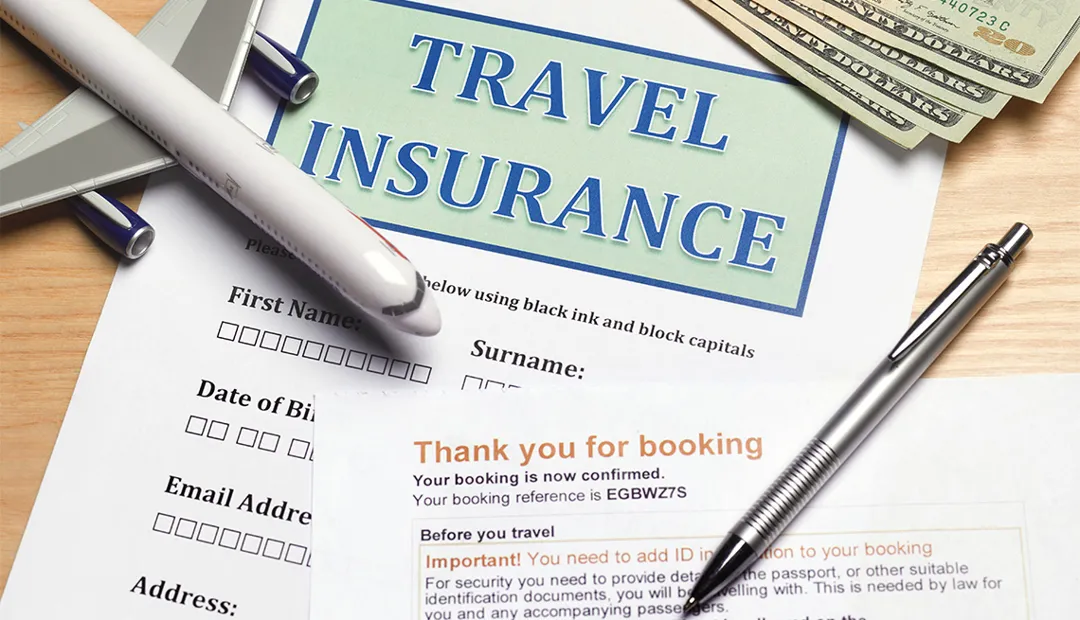
Be cautious about food and water. In some regions, tap water isn't safe to drink, so stick to bottled water. Street food can be tempting, but make sure it's properly cooked. A little extra caution can help you avoid getting sick and ruin your trip.
Cultural Considerations and Local Laws
Respecting local customs and laws is essential for a safe trip in Indonesia. The country is culturally diverse, and while it’s known for its hospitality, understanding local norms will ensure a smooth visit.
Local Customs:
Indonesia is predominantly Muslim, but also home to other religions. When visiting temples or religious sites, dress modestly (covering shoulders and knees) and remove shoes. Public displays of affection are discouraged, especially in conservative areas.
Key Laws:
Drugs: Indonesia has strict drug laws with severe penalties, including the death penalty.
Alcohol: Available in tourist areas, but limited in conservative regions; avoid public drinking in these places.
Dress Code: Modesty is important, especially in religious areas.
Respect for Elders: Elders are highly respected, so be polite and deferential.
By following these guidelines, you’ll help ensure a respectful and enjoyable visit.
Personal Safety Tips for Travelers
Staying safe while traveling in Indonesia involves some simple precautions. Here are a few tips to keep in mind:
Stay Connected: Get a local SIM card or portable Wi-Fi device to stay connected, especially for maps and emergency contacts. Share your itinerary with family or friends back home.
Protect Your Belongings: Petty theft can happen, especially in crowded tourist areas. Keep your valuables in a secure place, like a hotel safe, and use a money belt or anti-theft bag when out and about.
Avoid Risky Areas: Stick to well-traveled areas, especially at night. If you're heading to remote places, make sure you have reliable transportation and know your route.
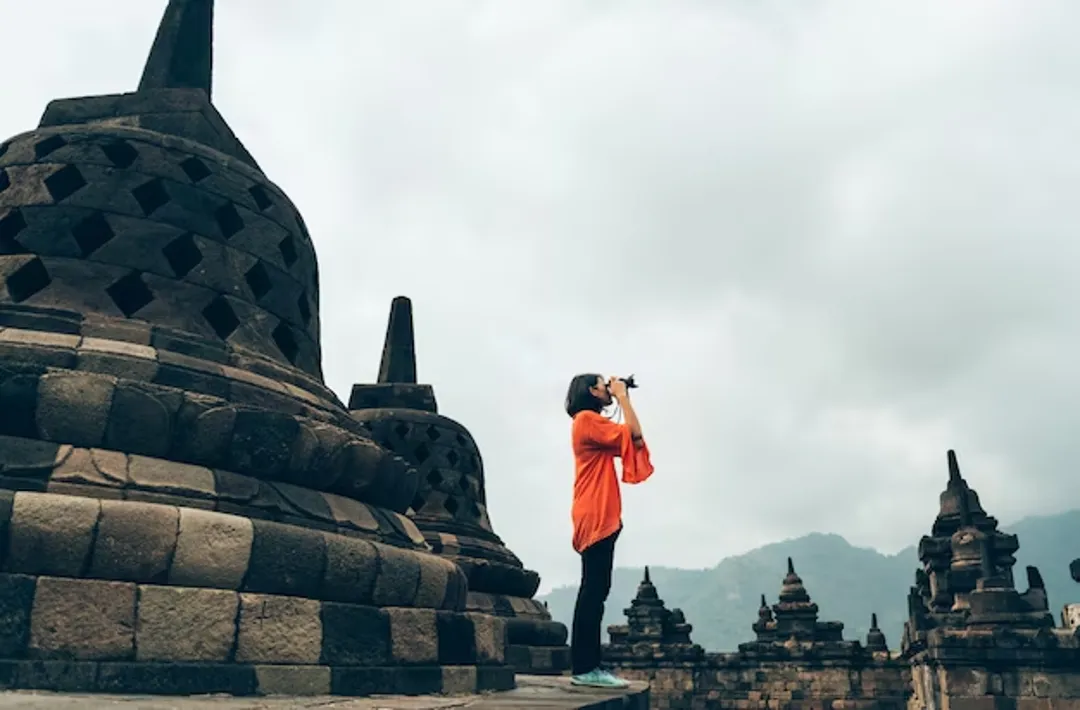
Travel Insurance: It’s always a good idea to have travel insurance that covers emergencies, medical care, and lost belongings.
Health Precautions: Drink bottled water to avoid waterborne diseases and be cautious with street food. Carry basic medications and know where the nearest pharmacy or hospital is.
By staying aware of your surroundings and taking these precautions, you can enjoy your trip to Indonesia with peace of mind.
Conclusion
Indonesia offers stunning landscapes and a vibrant culture, making it a rewarding destination. While safety concerns exist, they are similar to those in other popular travel spots. By understanding local customs, staying aware of crime, and exercising caution in nature, you'll be well-prepared.
To stay safe, take simple precautions like getting travel insurance, noting emergency contacts, and following health tips. With this preparation, Indonesia will not only feel safe but also amazing to explore.
In summary, preparation and respect for local practices are key to a rewarding trip to Indonesia.

